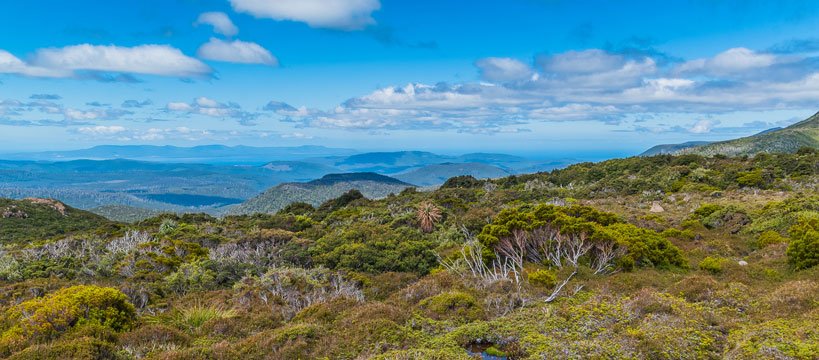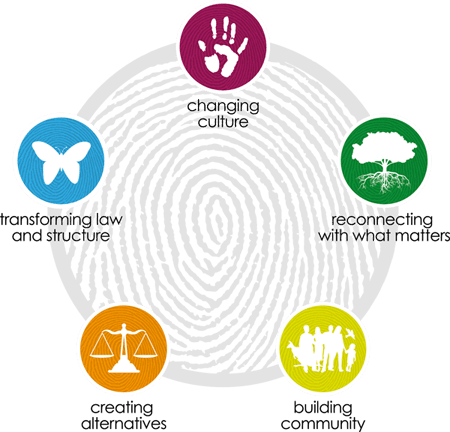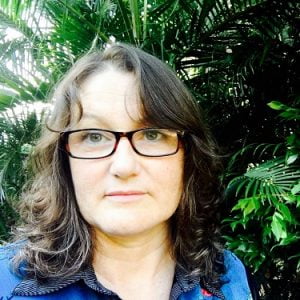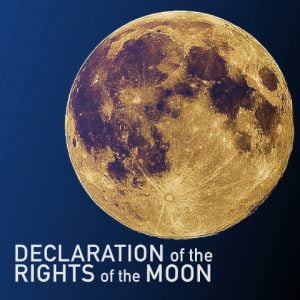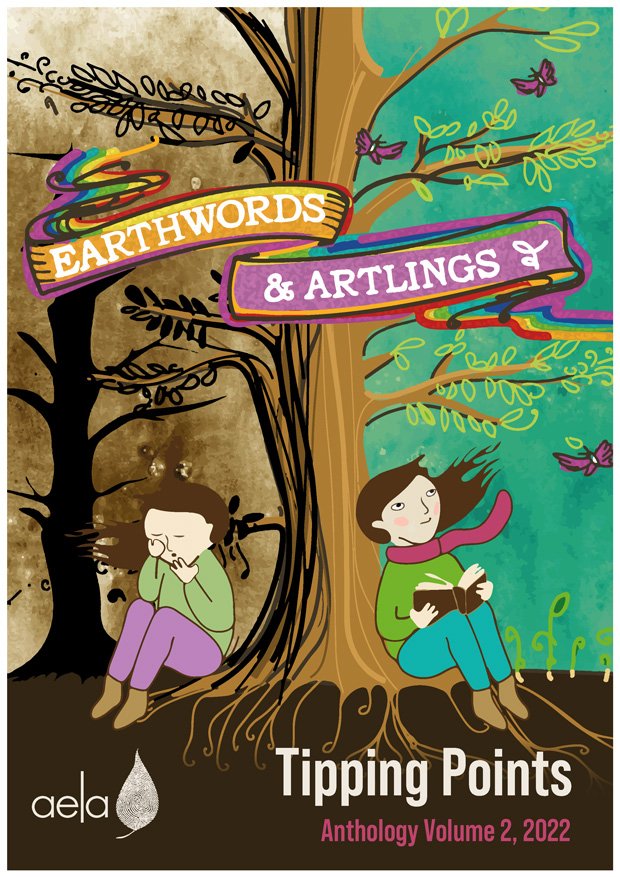Deep ecology, a philosophy and a movement that emerged in the 1970s, represents a profound shift in our understanding of humanity's relationship with the natural world. At its core, it challenges the anthropocentric view that humans are separate from and superior to nature. Deep Ecology affirms that human needs and desires are not above those of the natural world. And it advocates for a holistic perspective that recognizes the intrinsic value of all life forms and the interconnectedness of all living beings.
Central to this movement is the work of Norwegian philosopher Arne Naess, Emeritus Professor at Norway University, who developed the concept of Deep Ecology. This is more than just a philosophy; it's a call to reevaluate our relationship with ourselves, other people and the Earth.
Drawing inspiration from various sources, including indigenous wisdom, philosophy and ecological science, Deep Ecology urges us to recognize our place within the web of life rather than as separate from it. This paradigm shift invites us to move beyond shallow environmentalism focused solely on human well-being and economic growth, towards a deeper understanding of our role as stewards of the Earth.
Naess created 9 Deep Ecology Principles:
- The well-being and flourishing of human and nonhuman Life on Earth have value in themselves (synonyms: intrinsic value, inherent value). These values are independent of the usefulness of the non-human world for human purposes.
- Richness and diversity of life forms contribute to the realization of these values and are also values in themselves.
- Humans have no right to reduce this richness and diversity except to satisfy vital needs.
- The flourishing of human life and cultures is compatible with a substantial decrease of the human population. The flourishing of non-human life requires such a decrease.
- Present human interference with the non-human world is excessive, and the situation is rapidly worsening.
- Policies must, therefore, be changed. These policies affect basic economic, technological, and ideological structures. The resulting state of affairs will be deeply different from the present.
- The ideological change is mainly that of appreciating life quality (dwelling in situations of inherent value) rather than adhering to an increasingly higher standard of living. There will be a profound awareness of the difference between big and great.
- Those who subscribe to the foregoing points have an obligation directly or indirectly to participate in the attempt to implement the necessary changes.
- These principles serve as guiding tenets for the deep ecology movement, encouraging individuals to reevaluate their relationship with nature and advocate for ecological sustainability and harmony.
They essentially urge us to behave on Earth in a responsible, loving, and ethical manner. Each principle embodies much more than what is conveyed on the surface – to truly comprehend them, one must merge thought and emotion and make an effort to perceive things from a different perspective and paradigm.
Pioneering Deep Ecology teachers
Joanna Macy, a scholar of Buddhism and Deep Ecology, offers a framework for navigating the grief and despair that often accompany ecological awareness. Through practices such as The Work That Reconnects, Macy helps individuals and communities cultivate resilience and find renewed hope in the face of ecological crisis.
Stephan Harding, a leading voice in the Deep Ecology movement, brings a scientific perspective to it, integrating ecological principles and biological understanding into our relationship with the Earth. He emphasises the importance of reconnecting with nature on a profound level. Through practices such as deep listening and contemplative inquiry, Harding encourages us to develop a deeper sense of empathy and reciprocity with the natural world.
Pat Flemming has played a pivotal role in the dissemination of Deep Ecology principles and The Work That Reconnects methodology across various countries for over four decades. As a seasoned facilitator, she has conducted workshops, given talks, led trainings, and hosted webinars on these transformative practices.
Satish Kumar, a former monk and environmental activist, highlights the need for a spiritual dimension in our ecological thinking. He argues that true sustainability requires a shift in consciousness, one that recognizes the sacredness of all life and honours the interconnectedness of the biosphere.
John Seed, an environmentalist and Deep Ecology advocate, questions anthropocentrism, challenging the notion that humans are the center of the universe and advocating for a more ecocentric worldview that recognises the inherent value of all living beings and ecosystems.
In addition to the author of this article, Karina Miotto, there are many teachers mentoring new generations of Deep Ecology practitioners worldwide. Numerous authors draw inspiration from this philosophy as well. One way to delve deeper into Deep Ecology is by participating in online classes – AELA recently hosted one and plans to continue offering such classes in the future. Additionally, in-person workshops are being conducted with increasing frequency. Fortunately, the number of people interested in this philosophy is growing.
In short, Deep Ecology can provoke systemic changes at every level of our lives and society and should be taken seriously into consideration. It offers a transformative vision for our relationship with the Earth—one that challenges us to embrace humility, compassion, and ecological wisdom. Stay tuned for the next Deep Ecology workshops and talks we will provide.
















